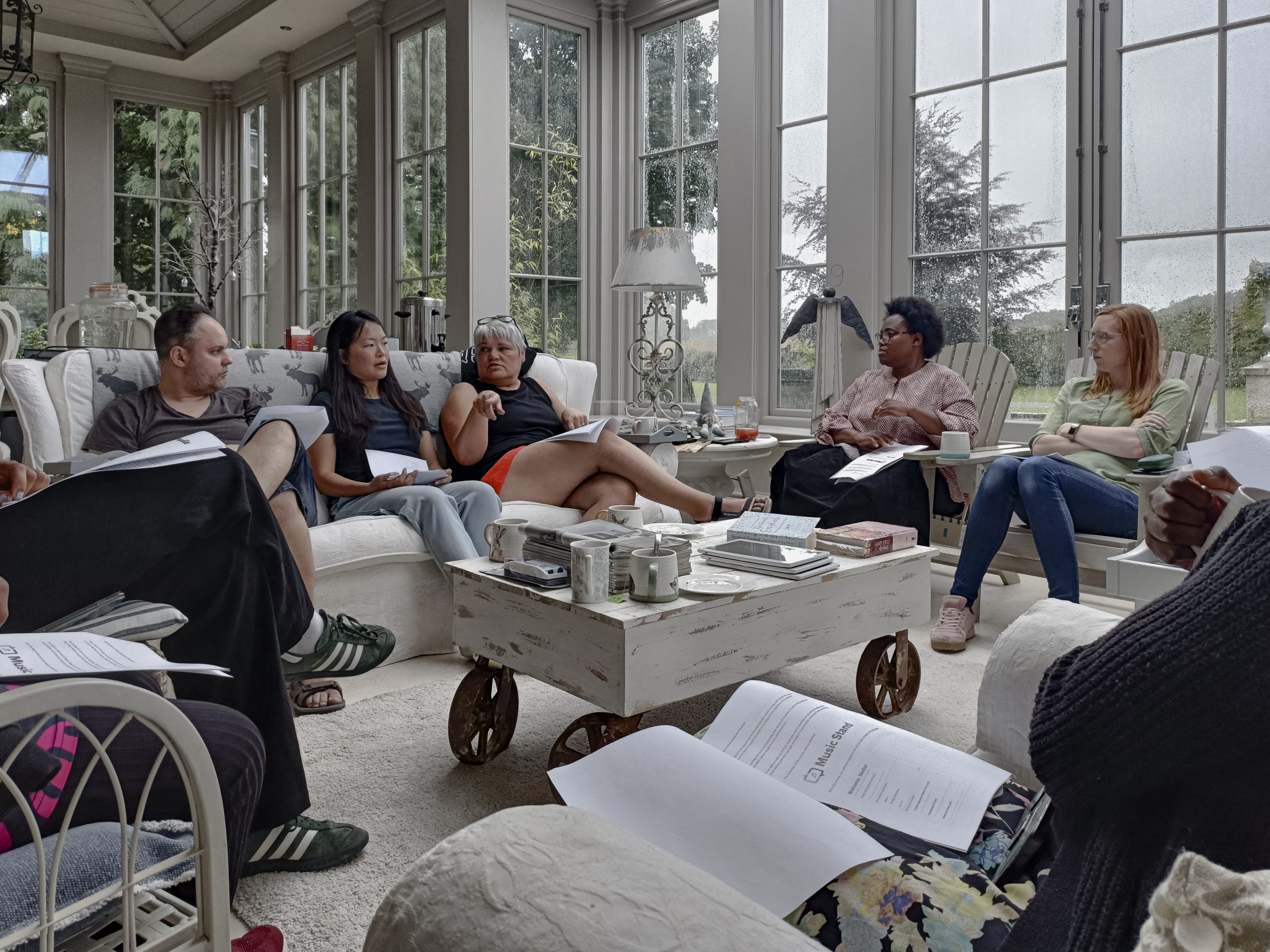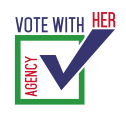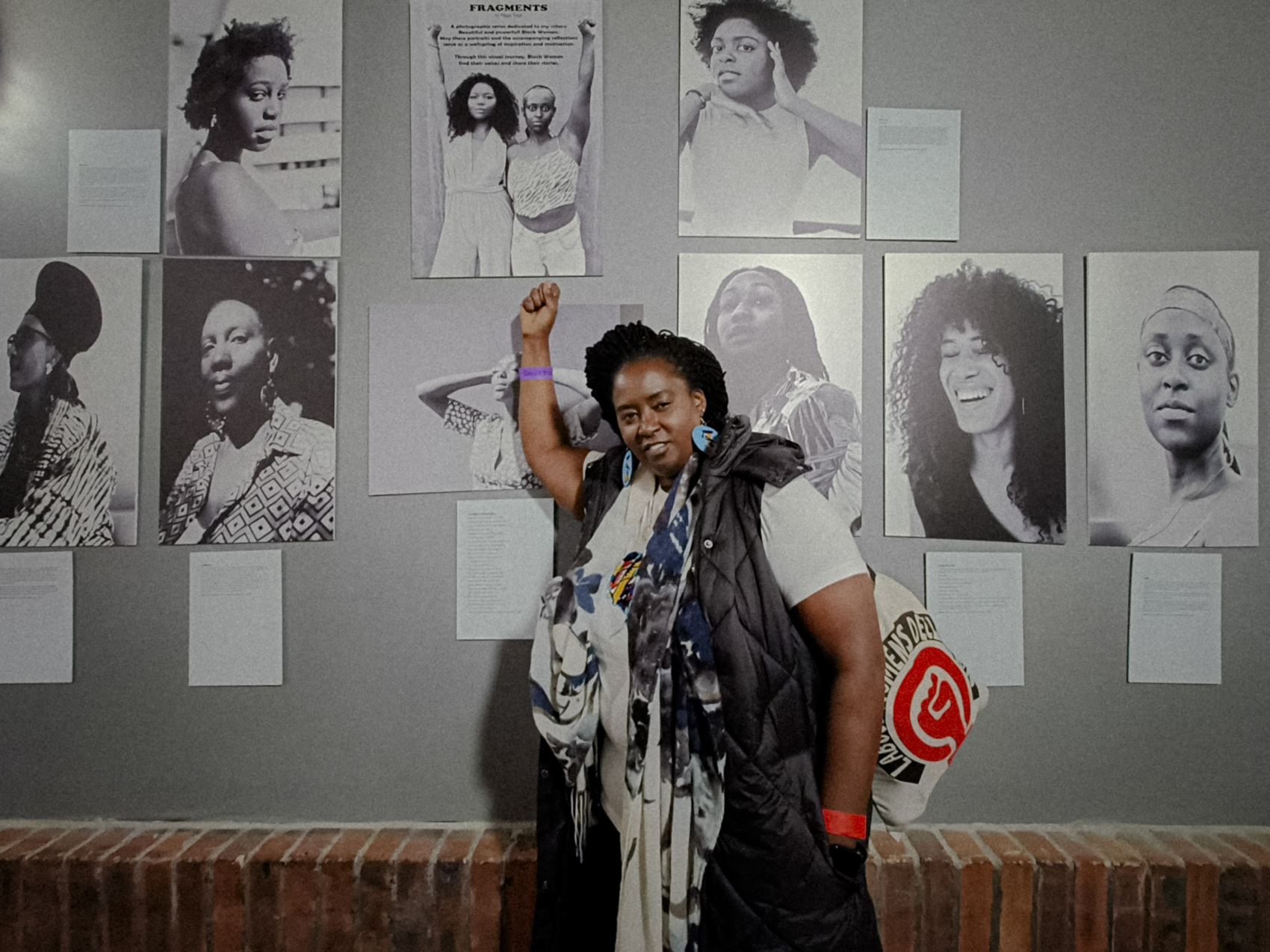
Faces of Fusion
Text and photos by Rochelle Lazaro
Welcome to “Faces of Fusion”, a photo documentary exhibition where the lens of awareness focuses on the vibrant lives of migrant women in Ireland and their political participation.
In this visual journey, I delved into the intricate tapestry of their experiences, aspirations, and the challenges they navigated in a new land.
One of the key faces I featured is Salome Mbugua, CEO of AKIDWA, an Irish charity organisation focusing on supporting migrant women’s rights. She came to Ireland in 1994 after working as a Gender Equality Officer in Uganda. “When I came to Ireland, I felt very lost. I felt that there was no space for me or women that looked like me and these were the migrant women”, shared Salome. So in 1999, AKIDWA was born—first established as a support group for migrant women.
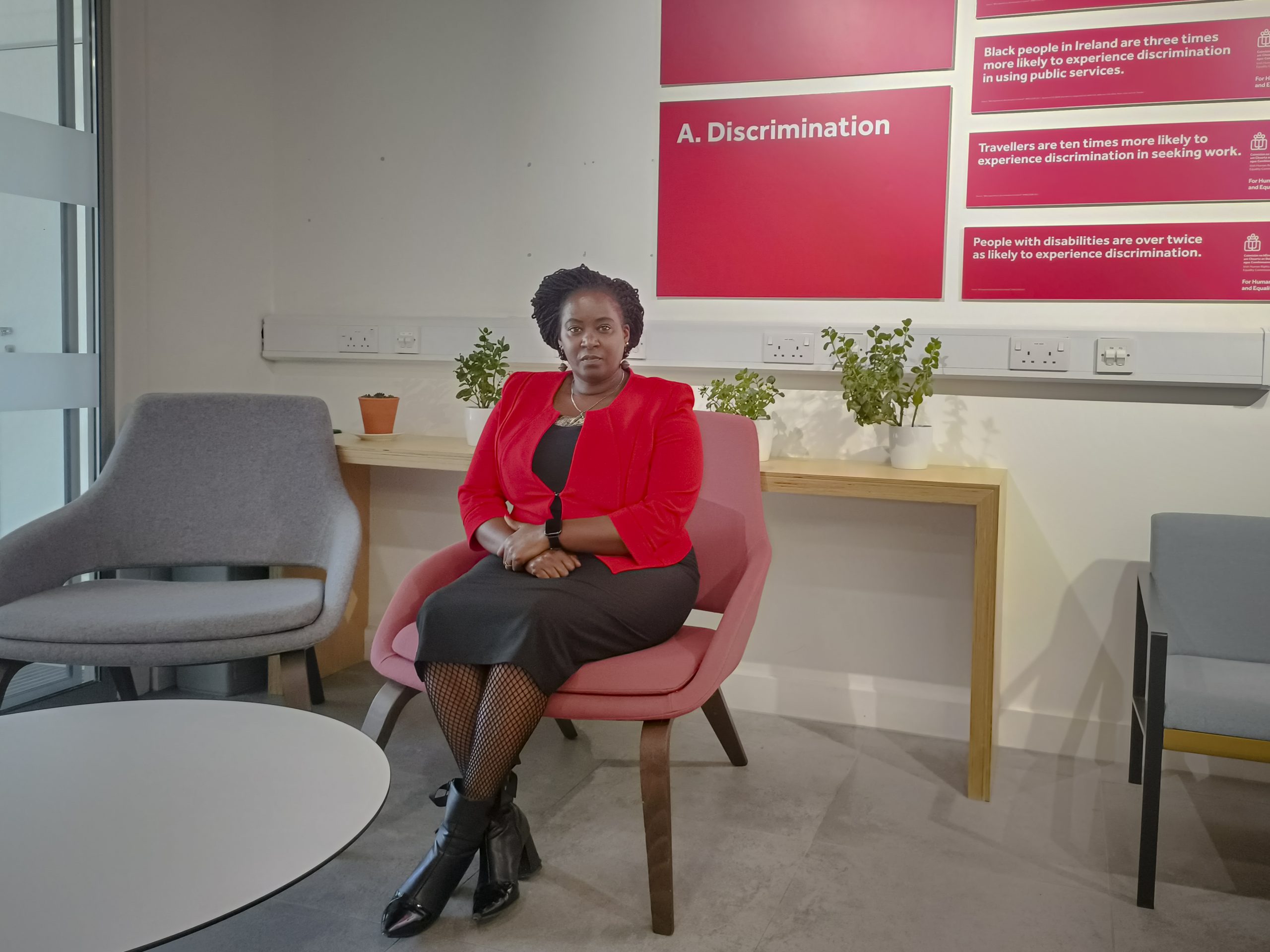

“I was born an activist”, she exclaimed.
Originally from Kenya, she shared that she was born in a family of 9 and they all went to the same primary school. Back then, the teachers used to beat them. But at a young age, she refused to be disciplined by physical means because she knew it wasn’t right. From then on, her activism grew from setting up youth groups in secondary school to helping out disadvantaged women in Uganda to now giving migrant women in Ireland a voice.
Salome explained: “I knew I had the ability to mobilise people, to be able to advocate for change and for equality in general.”
At the heart of this project lies a profound purpose — to empower and inform migrant women about their potential to wield influence in the political sphere. The lens captures not just their individual stories but also serves as a mirror reflecting shared struggles and triumphs.
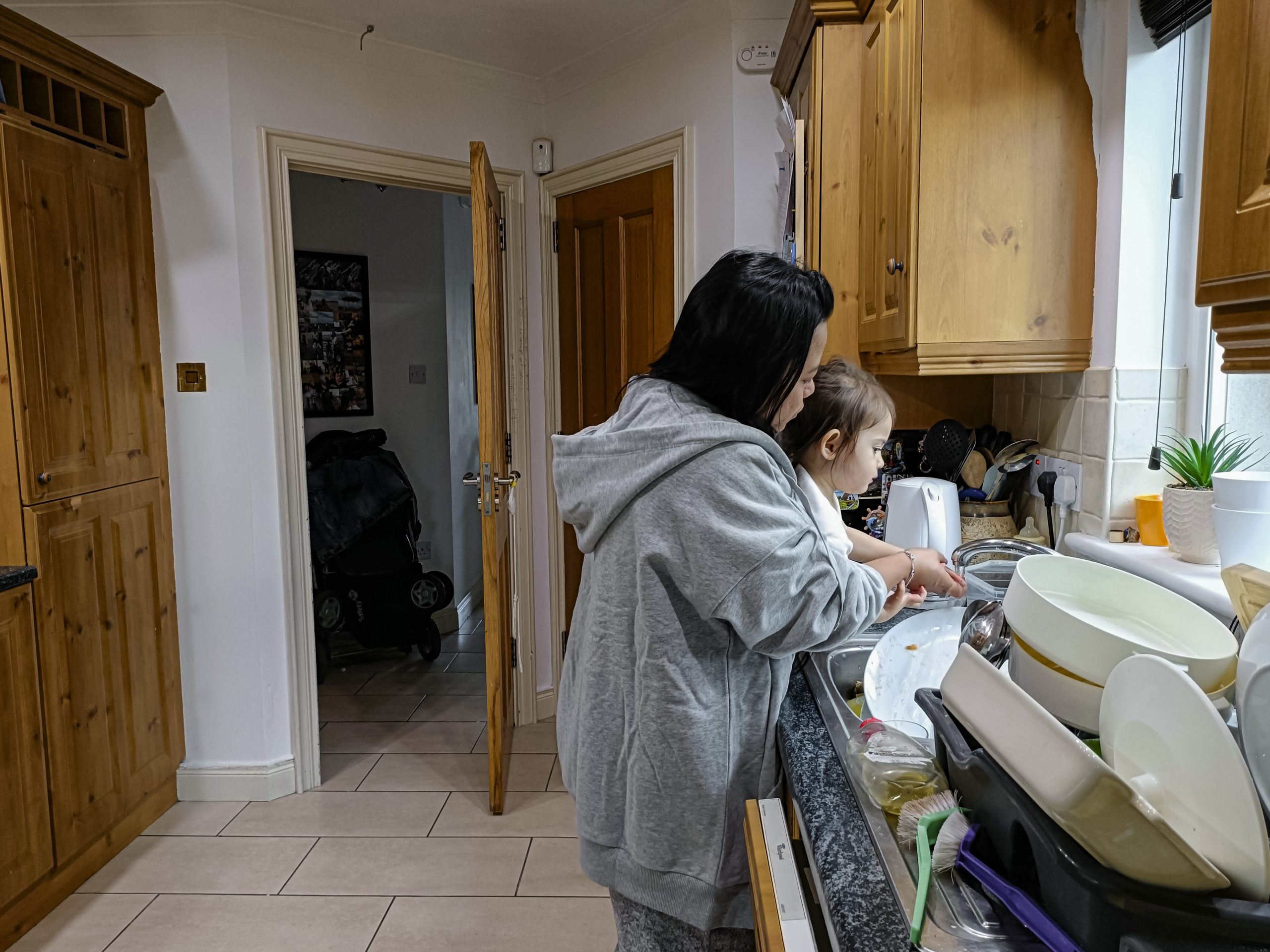
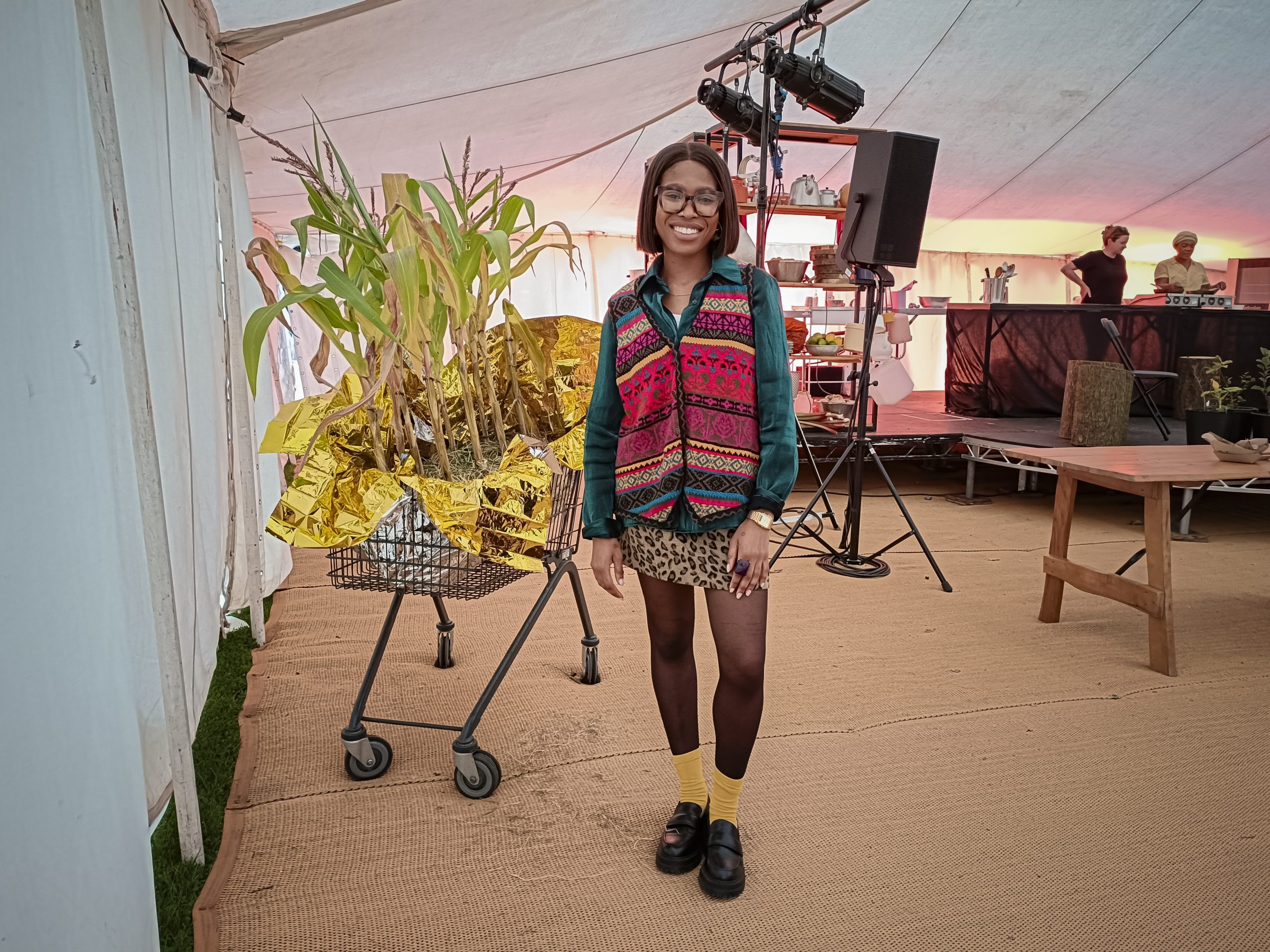
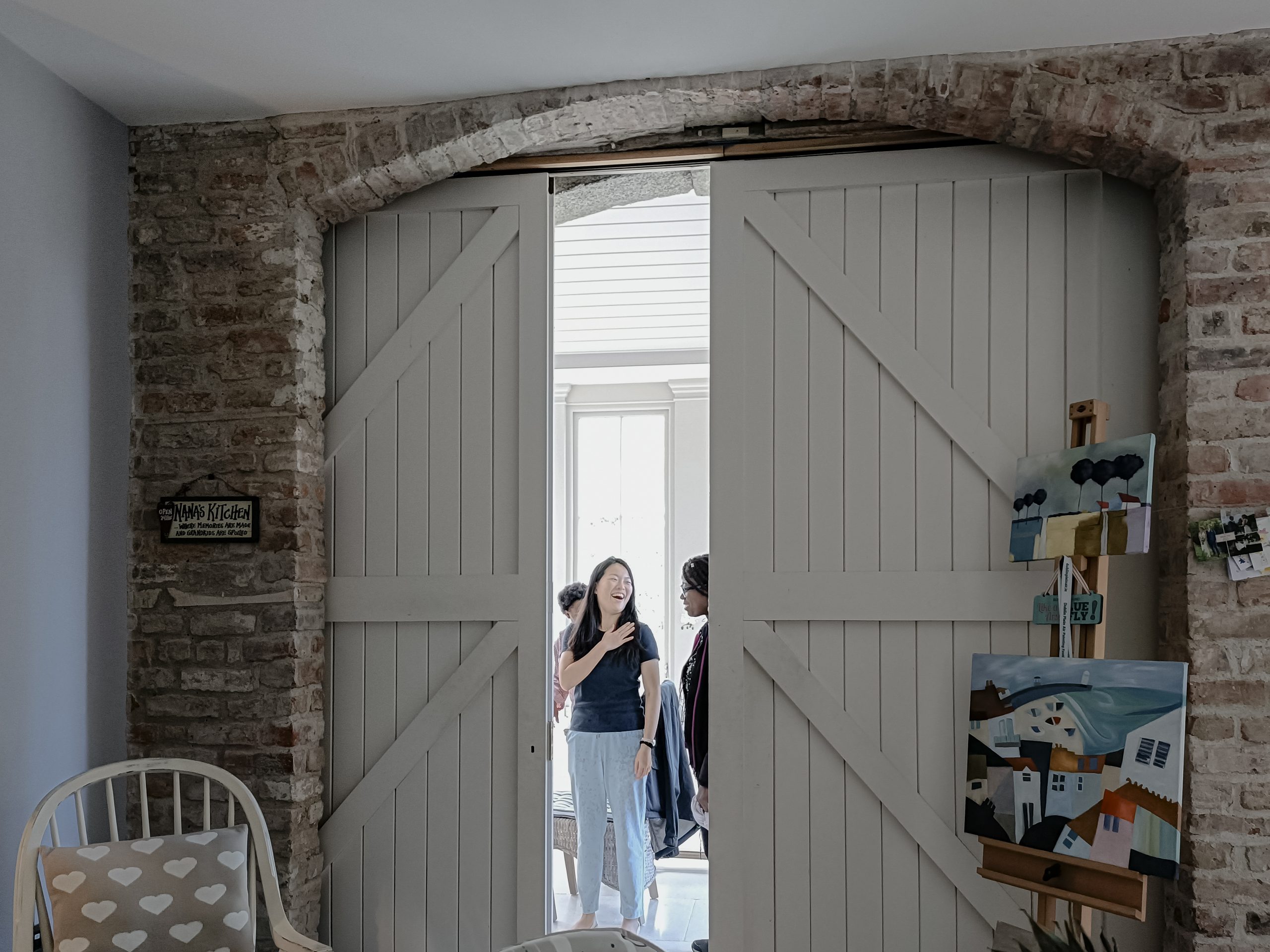
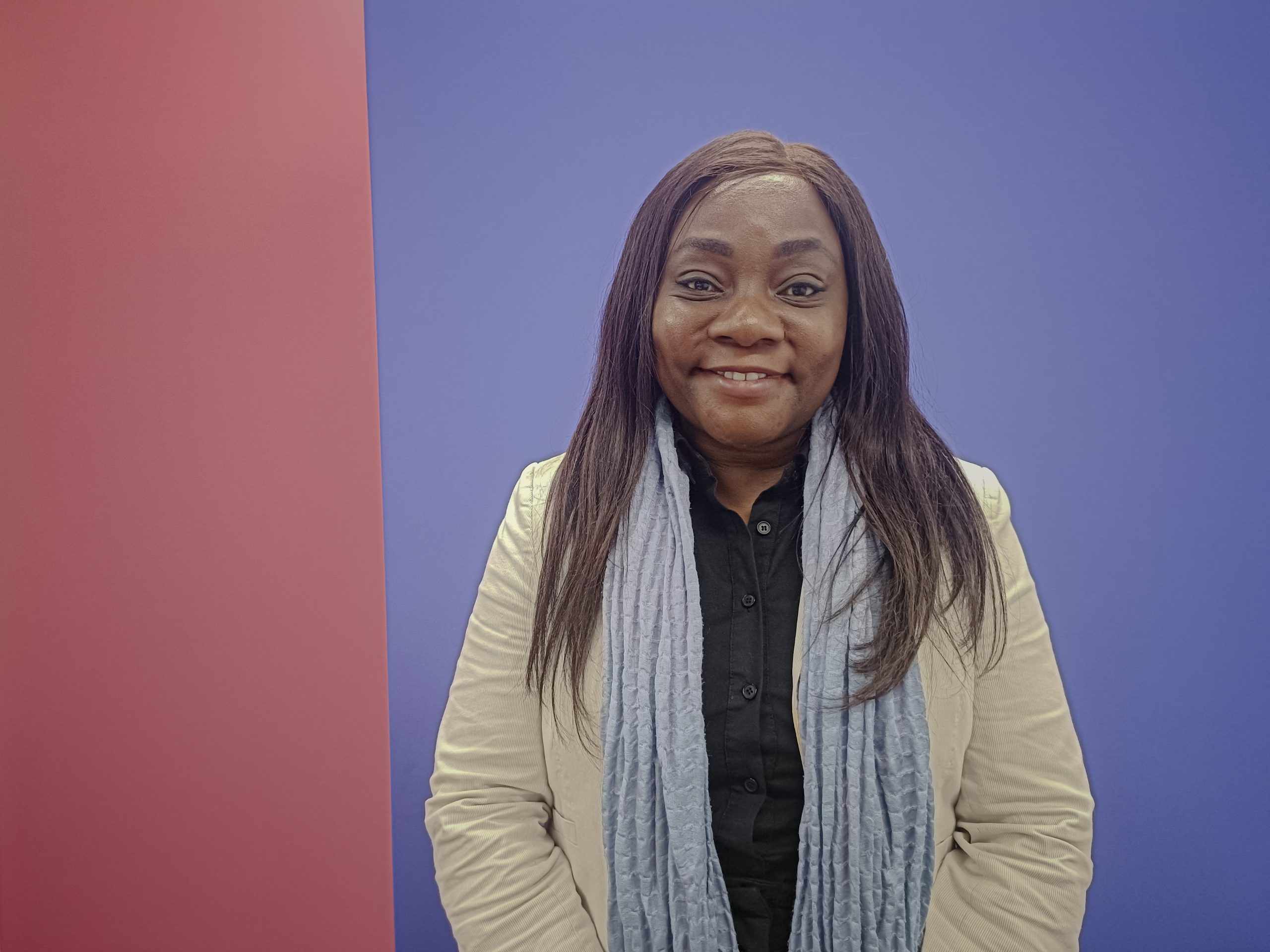

I spoke to Councillor Uruemu Adejinmi, the first female black African elected as Mayor in Ireland. She shared: “It’s very important to be at the decision-making table so that whatever decisions are made they are put through a diversity lens and make sure it doesn’t disadvantage anybody in society because we’re all part of Irish society. Our policies and legislation have to take care of everybody in society regardless of your beginning or your ethnic background.”
The question I had in mind for this project was: “How can we encourage migrant women to be more politically active in Ireland?”
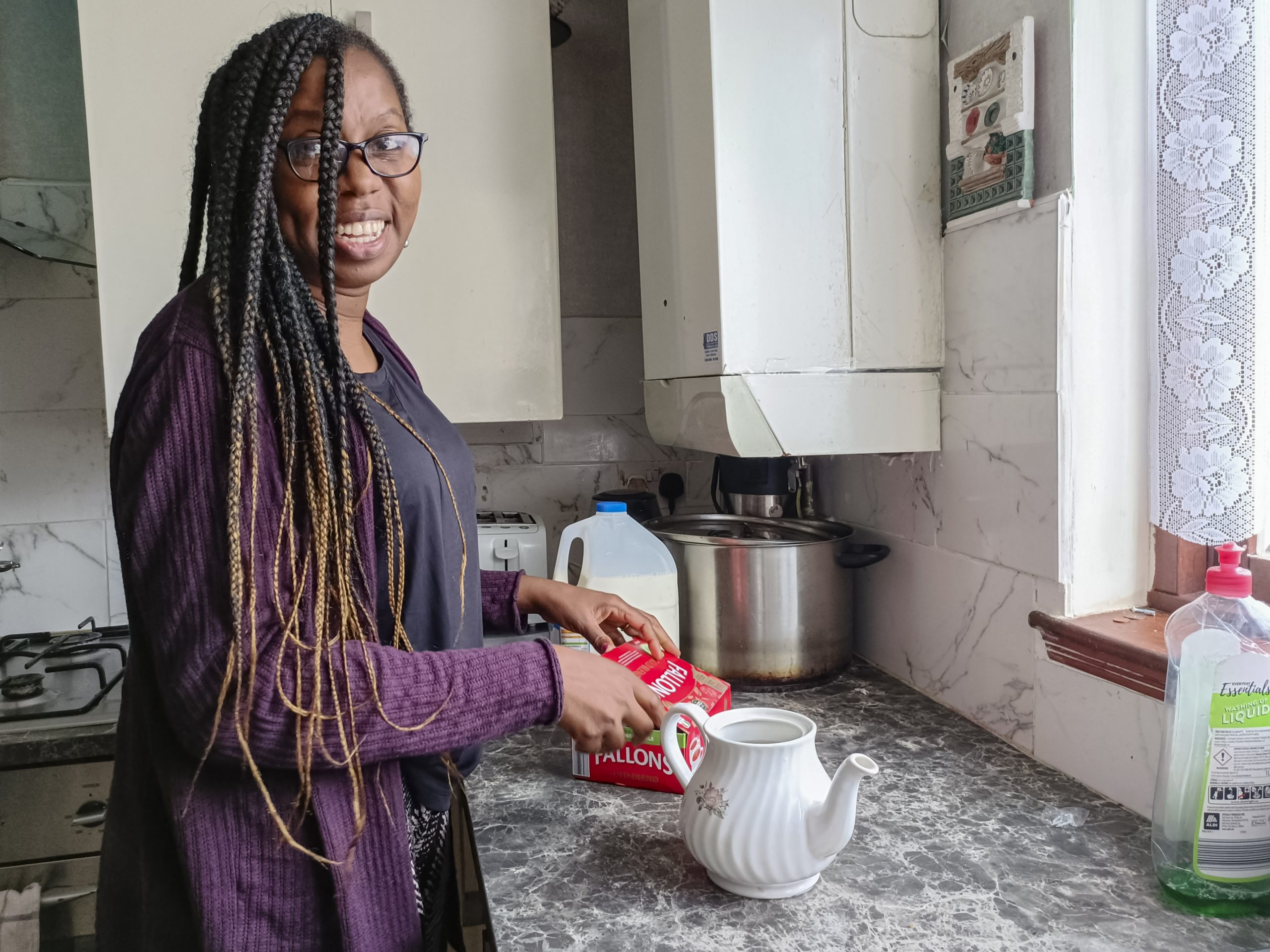
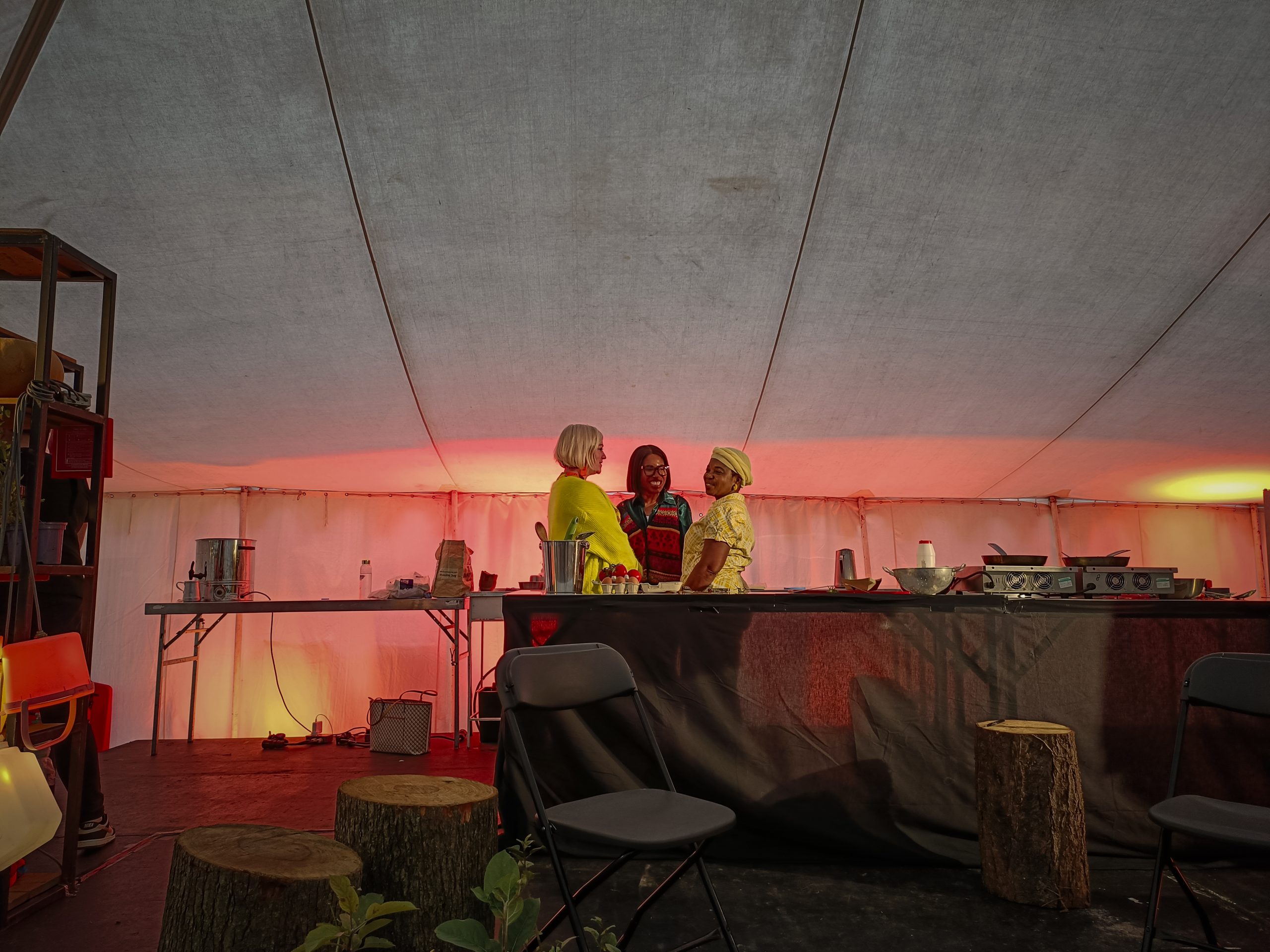
I spoke to Audrey Soh, a migrant woman from Malaysia about voting in the local elections and she responded that she didn’t know that she could vote. She’s been living in Ireland since 2016 but like many migrants living here, the act of voting doesn’t even cross their minds because they think they can’t. It was the same response I received from Temi Pedro. She waited until she got her citizenship before she voted.
According to research done by William Durkan and Adrian Kavanagh, in 2019’s local elections only 1 in 10 registered non EU citizens voted in Dublin. There is a class and geographic trend.
Through Faces of Fusion, I got a snapshot of a day in their lives and in that day, I wanted to explore the barriers that hinder political participation. Was it social isolation or was it limited access to education? Are they just too caught up in their day to day activities and don’t have the time or motivation to do so or is there something else?
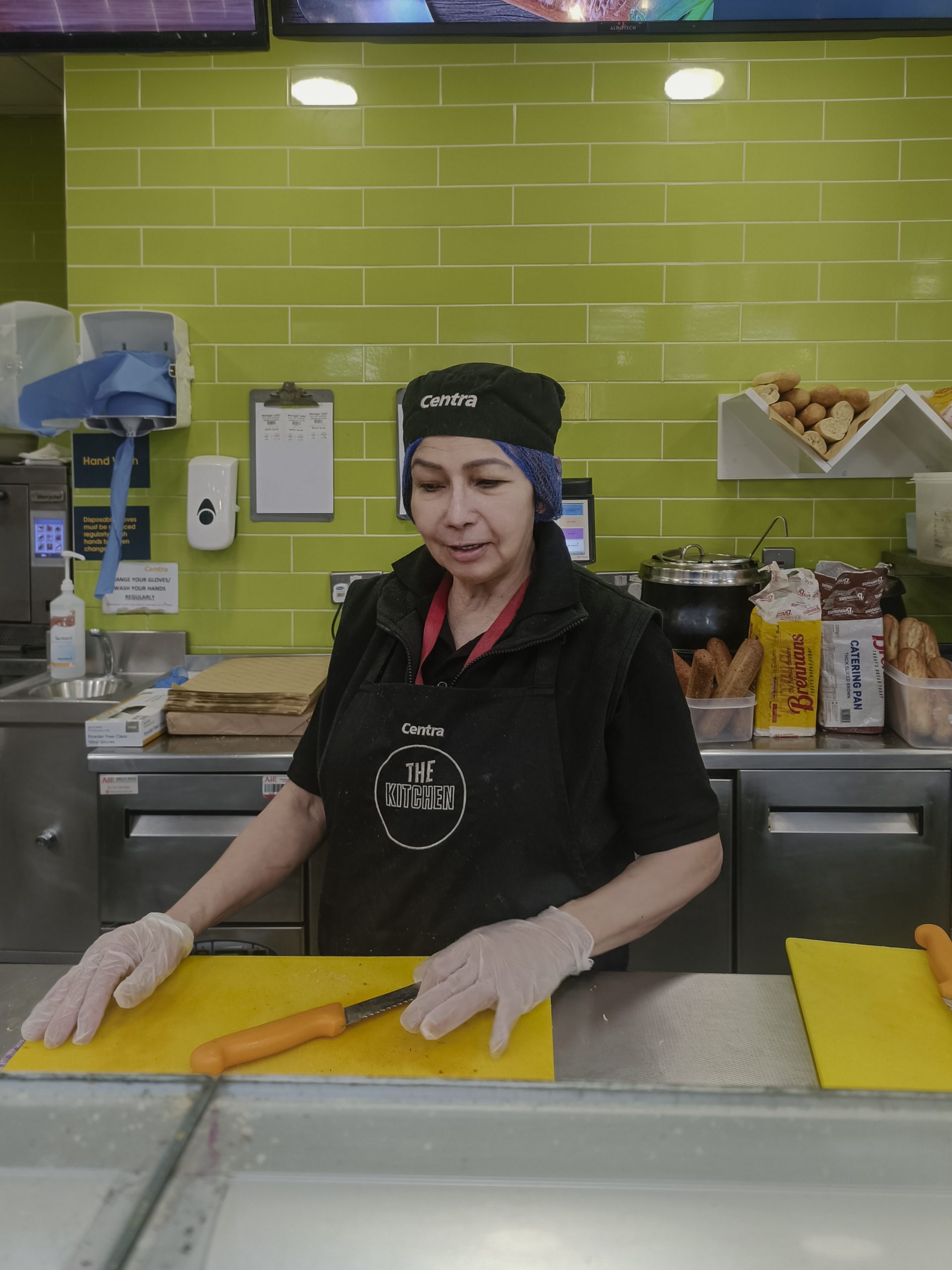
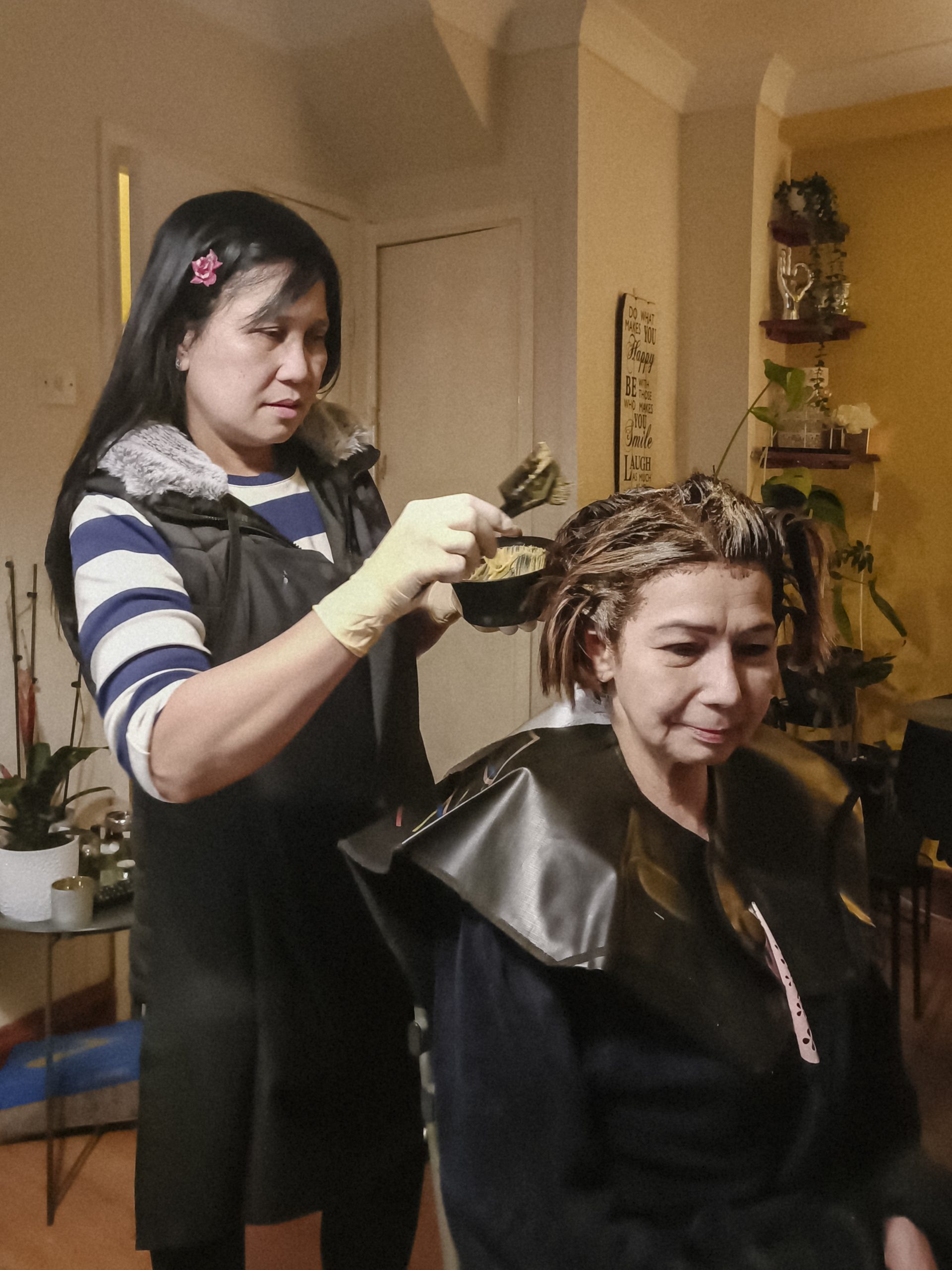
The timing of this exhibition is deliberate, as we approach the European elections in 2024. The busy lives of migrant women, dedicated to work and community-building, often leave little room for political engagement. Yet, herein lies the bridge between their daily endeavors and the broader democratic life of Europe.
This exhibition not only sheds light on the inspiring stories of migrant women who have become leaders and active members in their communities, but it also brings attention to the isolated voices, yearning to be heard. By showcasing these diverse narratives, I aimed to identify commonalities that contribute to political activism, transcending cultural backgrounds.
Having lived in Ireland for 15 years, I understand the complexities of forging connections in a foreign land without familial ties. The shared sense of isolation is a powerful force that resonates with many migrant women.
That being said, my ultimate goal is to inspire and encourage migrant women to recognise their potential as catalysts for lasting political impact. By addressing the core barriers of social isolation, limited education, and lack of representation, I hoped to instigate a wave of empowerment that extends far beyond the frames of this exhibition. Each photograph is a testament to the untapped power within every migrant woman — a reminder that their stories, voices, and actions matter in shaping the democratic fabric of Ireland and in Europe.
From June 6-9, millions of people in Europe will have a chance to vote in the European elections. This is an opportunity for people to have their say in the laws that are adopted by The European Parliament. In Ireland, the local elections will also take place in June and it is vital that people choose this chance to vote for people who will represent us.
